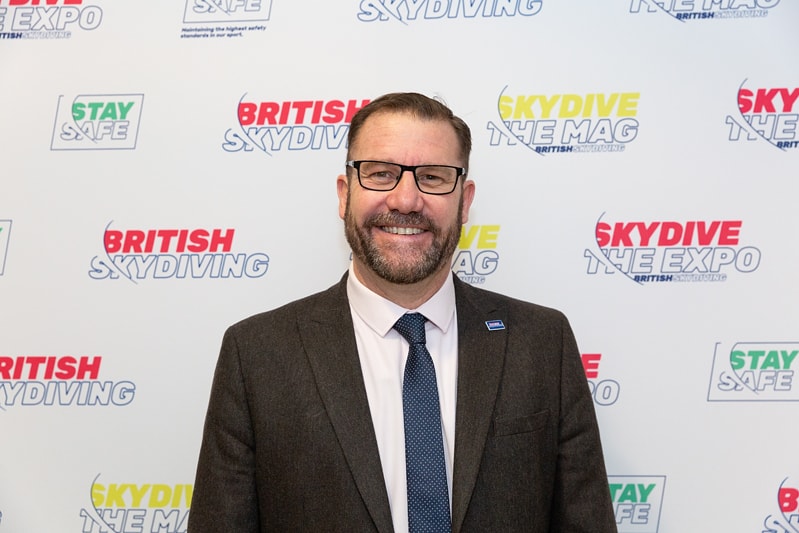To British Skydiving Instructors and Coaches
25 March 2021
Dear Colleague
Guidance on Return to Skydiving has been re-published on the British Skydiving website.
British Skydiving has finished revising the third version of our COVID-19 Guidelines based on the latest information published by the Government back in February 2021. British Skydiving has published this guidance to assist our Affiliated PTOs in their planning for resumption of skydiving activity. These guidelines are suggested as a means to mitigate the risk of Covid-19 transmission during skydiving operations when those operations and the methods of conducting them are permitted activities.
We urge you to familiarise yourself with our revised guidelines and any updated procedures which your Parachute Training Organisation/s may have introduced as part of their plan to restart skydiving activities.
We have also published a news item ‘Welcome back to skydiving!’.
Most of us will be uncurrent by the time we return to the skies, so we need to consider the safety implications of a prolonged period without carrying out a skydive.
The flying skill required to fly competently on coaching and instructing disciplines could fade if it has not been practiced over time. Skill fade can affect your ability to perform consistently. To those keen canopy pilots, please come back slowly.
From 01 April 2021, British Skydiving is introducing the New Canopy Training System. Please make sure that you are familiar with what type of canopy you can jump, based on the new canopy sizing chart (Forms 330-i, 330-ii, 330-ii ). If you are in any doubt, please speak to your CI.
As a result of the new Canopy Training System, being introduced, there have been some minor amendments to some of the proficiency cards, (254a, 254c,254d,254f). If you are a potential Basic Instructor or a Basic Instructor wanting to upgrade to full instructor status, please make sure you familiarise yourself with the proficiency cards and you meet their requirements before attending any Instructor Courses. Please make sure that you speak to your Chief Instructor (CI) about the requirements on your respective proficiency cards.
Considerations for Instructors and Coaches
Instructors and coaches are likely to be at higher risk of transmission of Covid-19 than solo skydivers because of their close interaction with those in their charge. The more time people are together and the closer you are, the greater the risk. If you are aware you have had Covid-19, please see this revised flowchart.
The highest risk of transmission of Covid-19 appears likely to be with Tandem skydiving because of the proximity of instructor and student attached to each other, in the aircraft, in freefall, and under canopy, when tandem students may, in any case, be breathing awkwardly. There is likely to be increased risk from known factors in the transmission of Covid-19 such as bodily fluids including droplets or more of tears, mucus and saliva and, sometimes, vomit.
Your own decisions should be based on a personal risk assessment and you should satisfy yourself that each of the individuals in your care has done the same. Some carriers of Covid-19 may have no symptoms, so personal risk assessments should include the risks to individuals’ contacts outside the sport.
Personal equipment
Risk Mitigation Equipment is widely used in the hope of reducing the risk of transmission of Covid-19 when there is close contact between individuals, for example in personal care services such as hairdressing. It has not been tested or certified for this purpose and is not the same as Covid-19 Personal Protective Equipment (PPE). It has been suggested that instructors who use full-face helmets are protected from catching or transmitting the virus. Our medical advice is that this is unlikely to be the case. Visors may helpfully reduce ‘splash’ into the eyes from large particles, as would goggles. What is not understood is the effect that circulating air inside a helmet chamber may have on viral transmission. Several popular helmets on the market vent at the back, which may be a risk for anyone behind, including when sitting in an aircraft.
Skydivers under instruction and coaching need to be warned of the risks of transmission of Covid-19, make judgments for themselves, and give informed consent if they are ready to proceed.
Stay well and stay safe.
Jeff Montgomery
Safety & Technical Officer and STC Chair


